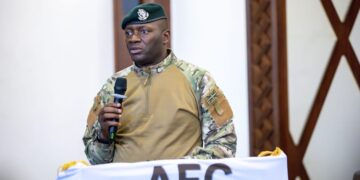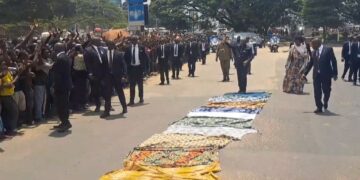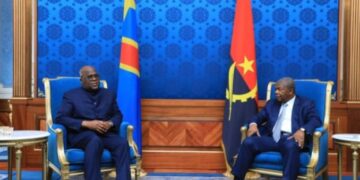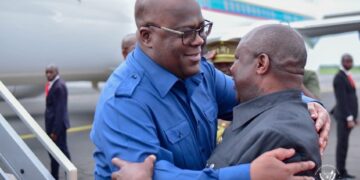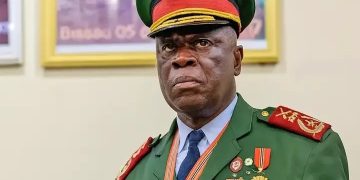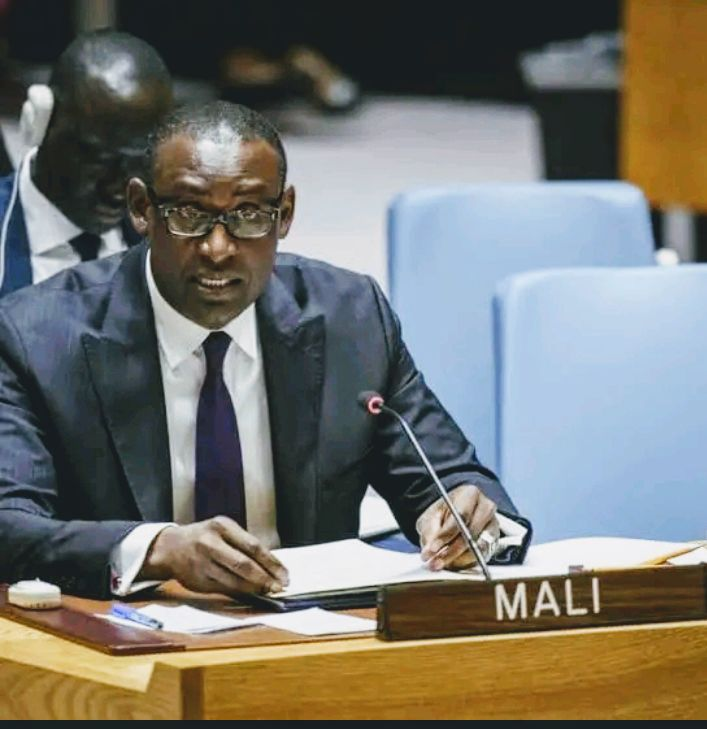
By Chris Muhizi for Minembwe Capital News Saturday June 17th/2023.
According to Abdoulaye Diop, the foreign minister of Mali, the interim military authorities in Mali have urged the United Nations to remove its MINUSMA peacekeeping force from the country of West Africa.
In his address to the council, Diop stated that there was “a crisis of confidence between Malian authorities and MINUSMA.”
“In light of all of the mentioned above, the Malian government requests the immediate withdrawal of MINUSMA,” he stated.
The choice is a significant turning point for Mali, where MINUSMA was established in 2013 to assist in stabilizing the nation following a Tuareg insurrection the year before that sparked an ongoing jihadist insurgency.
The U.N. Security Council deployed MINUSMA in 2013 to assist international and domestic efforts to restore stability. The reigning junta has been increasingly at odds with MINUSMA and other international partners, including France, as a result of the mounting unrest that sparked two coups in 2020 and 2021.
Mali’s foreign minister, Abdoulaye Diop, addressed the council’s fifteen members, saying that “unfortunately, MINUSMA seems to have become a part of the problem in fueling inter-community tensions.”
According to him, the current state of affairs is fostering distrust among the Malian populace and jeopardizing the relationship between MINUSMA and Malian authorities. “The Malian government requests that MINUSMA be immediately withdrawn.”
This month, Antonio Guterres, the secretary-general of the U.N., proposed that the Security Council extend the mandate of MINUSMA for an additional year while keeping the roughly 15,000 troops and police that are now authorized under the agreement.
El-Ghassim Wane, the U.N.’s special representative in Mali, responded that the council will decide on the future of MINUSMA when he was questioned about Diop’s words from Friday.
The battle against terrorism is one of the main responsibilities for the government of Mali, but it is not included in the blue helmets’ mission, according to Nebenzia. “The real issue is not the number of peacekeepers, but the functions,” Nebenzia stated.
According to the Security Council’s directive, the mission’s top priorities are to assist a political transition that will help stabilize Mali, protect civilians who face physical harm, advance and defend human rights, and establish a safe environment for the distribution of humanitarian goods.
Since 2015, assaults by organizations associated with al Qaeda and the Islamic State have spread to Mali’s Sahelian neighbors, fueling a spike in violence. According to the U.N., there have been thousands of deaths and more than six million displaced people.
After severing connections with long-standing Western friends, the junta turned to Russia for assistance in bolstering its military power. The presence of Russian private military contractor Wagner is causing concern among Western nations.
Vassily Nebenzia, the Russian ambassador to the United Nations, stated before the council on Friday that the peacekeeping mission could only be successful with “very close coordination with the host country and respect for Mali’s sovereignty.”
Nicolas de Riviere, the French representative to the United Nations, said that a UN report to the council had noted that despite talks between MINUSMA and the Malian authorities, U.N. peacekeepers were still encountering obstructions to their movements.
Since Wagner arrived in Mali, major violations of international humanitarian law and human rights have also risen, according to de Riviere.#Reuters reports.

